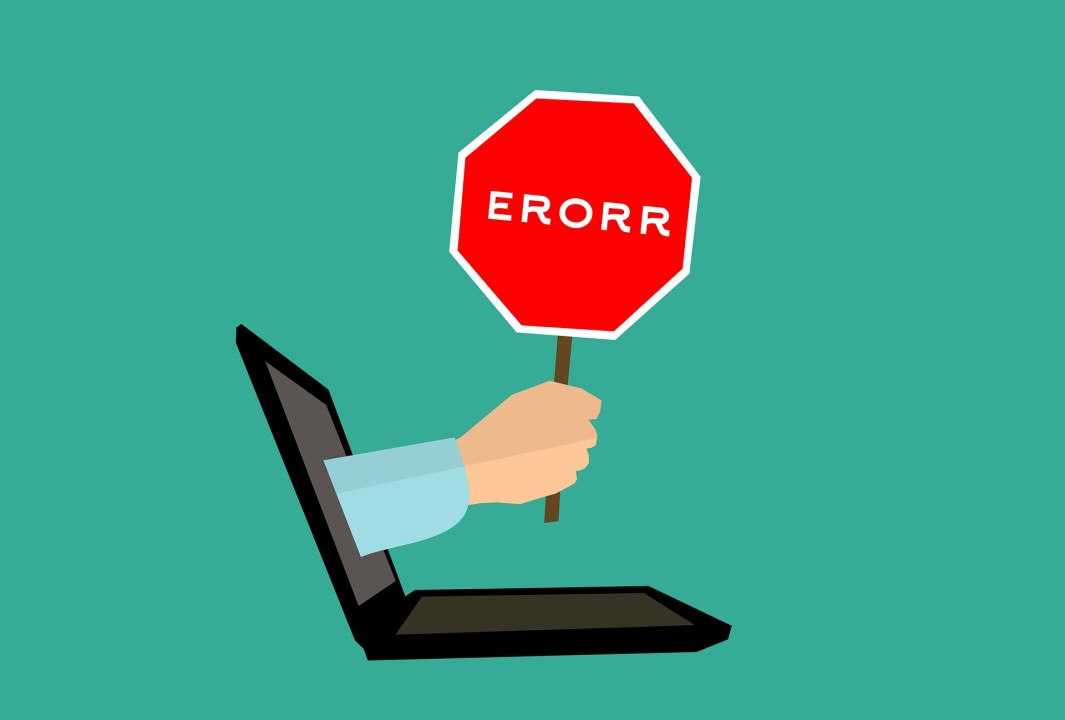This recent opinion discusses two appeals, both of them dismissed on procedural grounds. The first appeal was dismissed as moot because the appellant failed to obtain a stay of the order on appeal. The second was dismissed as premature because the appellant filed the appeal too early. Both of these kinds of errors are what appellate specialists can help avoid.
Taylor v. Forde (D2d7 Jan. 20, 2021) No. B298957 (unpublished) involved a property management dispute in which the trial court appointed a receiver to manage and sell the real property. Forde, the party who had been allegedly mismanaging the property, appealed the order, but was unable to post a sufficient bond to stay the order pending appeal. (This is surprising, given this is the third appellate decision in the parties' litigation saga, which the court described as having "spread like craquelure through the superior, bankruptcy, and appellate courts. [I had to look up craquelure: it is the fine pattern of cracking typically seen on the surface of oil oil paintings.])
Before the appeal could be decided, the receiver sold the property. The Court of Appeal then dismissed the appeal of the order to sell the property because, the property having been sold, the order was moot.
Ordinarily, orders on appeal are automatically stayed precisely because without a stay, the appeals would become moot, making the right of appeal evanescent. But Code of Civil Procedure section 917.4 expressly makes orders for the sale of real property not stayed on appeal unless the appellate posts a bond against waste. As this case illustrates, section 917.4 made this appeal a pay-to-play affair: no bond, no appeal.
And that was not even the worst thing to happen to appellant Forde.
Forde had also violated discovery orders, and so plaintiffs moved for monetary and terminating sanctions against Forde, which the trial court granted. Without awaiting entry of judgment, however, Forde rushed ahead with his appeal.
What was the problem with that? The problem with that is that discovery orders, including an order granting terminating sanctions, ordinarily are not appealable. Instead, the aggrieved party must await entry of the judgment.
Appellant argued two possible exceptions. First, the terminating sanctions order followed the partition order, which appellant urged was appealable under Code of Civil Procedure section 904.1(a)(1), and thus was appealable under subdivision (a)(2). Wrong. Interlocutory partition orders, as here, are appealable under subdivision (a)(9), and are expressly excluded from the types of orders contemplated under (a)(1). The (a)(2) argument won't work.
Appellant's second argument was more creative. He argued the terminating sanctions order was inextricably intertwined with the monetary sanctions order. And while monetary sanctions ordinarily are not appealable, they are when they exceed $5,000. Here, it did: $5,097.50. Appellant had case law to back him up, citing Mileikowsky v. Tenet Healthsystem (2005) 128 Cal.App.4th 262 (Mileikowsky), out of the Second District, Division Four, which suggested the court may review a nonappealable terminating sanctions order in connection with its review of an appealable monetary sanctions award based on the same conduct so as to make the two orders inextricably intertwined.
The Second District took a dim view of the purported "inextricably intertwined" exception suggested by Mileikowsky (apparently an internecine dispute within the Second District), surmising that it is not a valid exception at all. But the Taylor court concluded the two orders before it were not inextricably intertwined anyway, relying heavily on the fact that appellant did not contest the monetary sanctions, only the terminating sanctions.
Appeal dismissed.
Parting thoughts:
All is not lost for appellant. The default prove-up hearing is still on calendar in the trial court, which will result in a judgment that may be appealed. More problematic are the instances where a judgment is never entered. I have seen a plaintiff dismiss a defendant (to prevent him from filing a compulsory cross-complaint), which was not followed by entry of a judgment. The Court of Appeal dismissed the appeal as premature. Premature, that is, to a judgment... which was never entered. (The clerk's entry of a voluntary dismissal is not an appealable order. Gutkin v. University of Southern California (2002) 101 Cal.App.4th 967, 975.)
If ever you find yourself in such a predicament where you cannot appeal because the trial court has failed to perform the ministerial act of entering an appealable judgment, you may file a motion under Code of Civil Procedure 664 to have the court enter the judgment. Cite Yu v. Superior Court (Oct. 27, 2020) 56 Cal.App.5th 636 (discussed here), for the proposition that "Section 664 specifies that when, such as here, "the trial has been had by the court, judgment must be entered by the clerk, in conformity to the decision of the court, immediately upon the filing of such decision."”
Tim Kowal helps trial attorneys and clients win their cases and avoid error on appeal. He co-hosts the Cal. Appellate Law Podcast at www.CALPodcast.com, and publishes a newsletter of appellate tips for trial attorneys at www.tvalaw.com/articles. Contact Tim at tkowal@tvalaw.com or (714) 641-1232.

